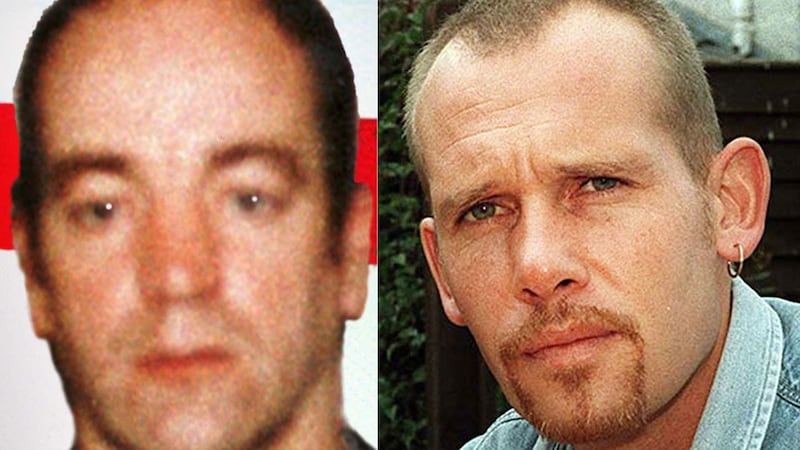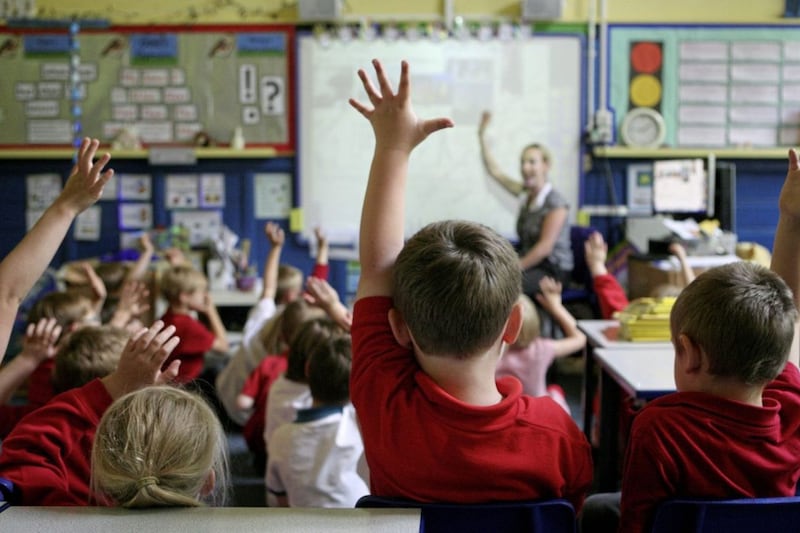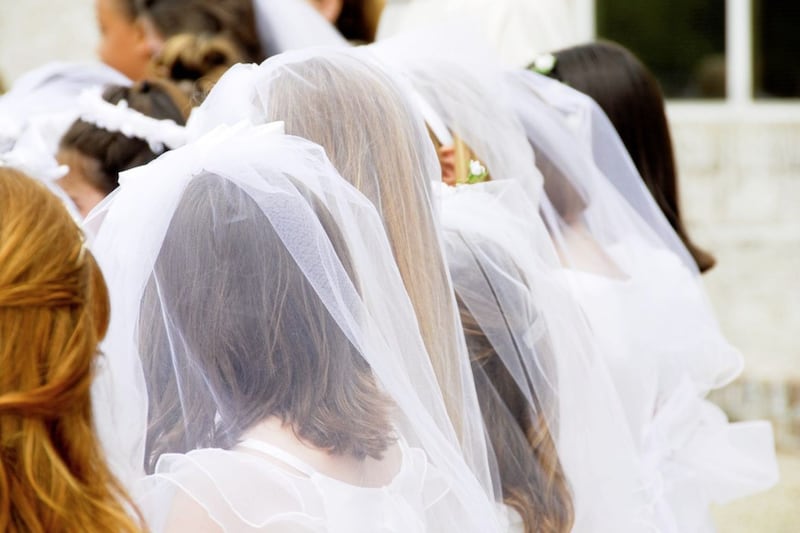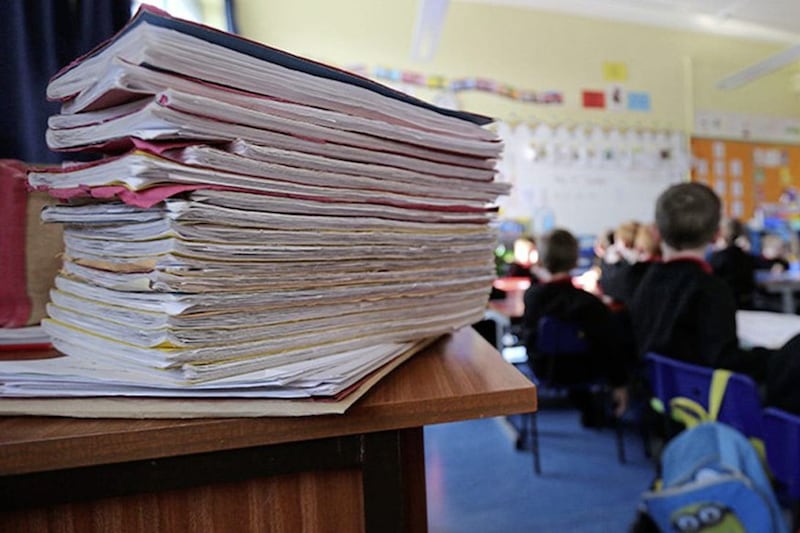THOUSANDS of teachers in Catholic primary schools have zero experience of education outside their own sector, a study has found.
Almost half of the sector's staff attended Catholic primary, post-primary and teacher training colleges before going on to work in the faith system.
A report from Ulster University (UU) spoke of teachers being "culturally encapsulated".
Dr Matthew Milliken's report said this was caused by schools' religious education policies, separate teacher training colleges and the exemption of teachers from fair employment legislation.
The study, which was funded by the Integrated Education Fund, said no other profession was separated so rigorously and effectively along community, religious and ethnic lines.
More than 1,000 teachers completed an online survey conducted through the Unesco centre at UU.
It was shown that 2 per cent of those employed in Catholic primaries had attended a state controlled primary and 7 per cent of teachers in controlled schools were educated in a Catholic primary.
Similarly, 8 per cent of those in Catholic post-primaries and 17 per cent in Catholic grammar schools had attended non-Catholic primaries, whilst 17 per cent in controlled post-primaries and 23 per cent in non-Catholic grammars had attended Catholic schools.
The research highlighted that many teachers followed a "community consistent career path" - working within the sectors associated with their community of origin.
A proportion were "culturally encapsulated" having taken the community path at all stages of their career - primary, post primary, initial teacher education, teaching practice and every teaching post they had taken.
Such cultural encapsulation, it found, was more prevalent in Catholic schools.
There were 6,742 teachers in Catholic maintained schools last year.
Of these, 33 per cent had no experience of education or teaching outside their own community. For primary education alone this jumped to 48 per cent. This compared to 22 per cent in state schools and 38 per cent in controlled primaries alone.
This has been blamed partly on the teachers' exception to the Fair Employment and Treatment Order (FETO).
This allows schools to use religious belief as a ground on which to discriminate between candidates for teaching posts.
It has been justified because all grant-aided schools are required by law to provide a daily act of collective worship and religious education in line with a specified Christian core syllabus.
Those employed to teach religion in a school under Catholic management must be able to demonstrate they have the capacity to do so in line with its ethos.
Unlike subject-specific teachers in post-primary schools, primary staff are ‘generalists’ required to teach across the full curriculum - it follows that they must teach religion.
Dr Milliken said the FETO exception "allows 'institutional sectarianism' and separation that would be unacceptable in any other job".
"In a post-conflict, increasingly multi-cultural society the FETO exception appears to be something of an anachronism. However, it does not work in isolation," he said.
"Teacher mobility between the traditional sectors is also inextricably connected with both the separation of teacher education institutions and policy concerning the place of religion in schools in Northern Ireland. Repealing the teacher exception to FETO would be a hugely symbolic first step in tackling the continuing de facto segregation in the NI education system."








